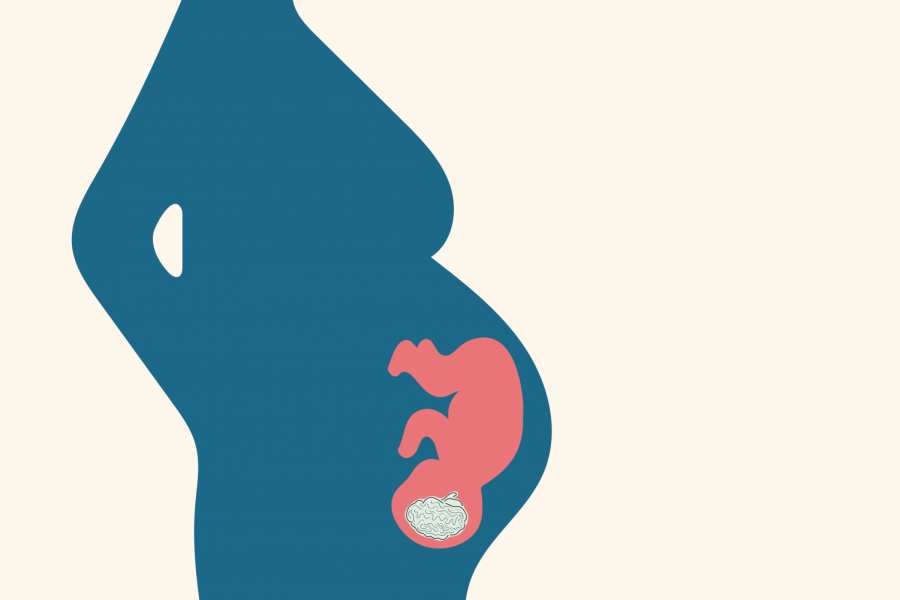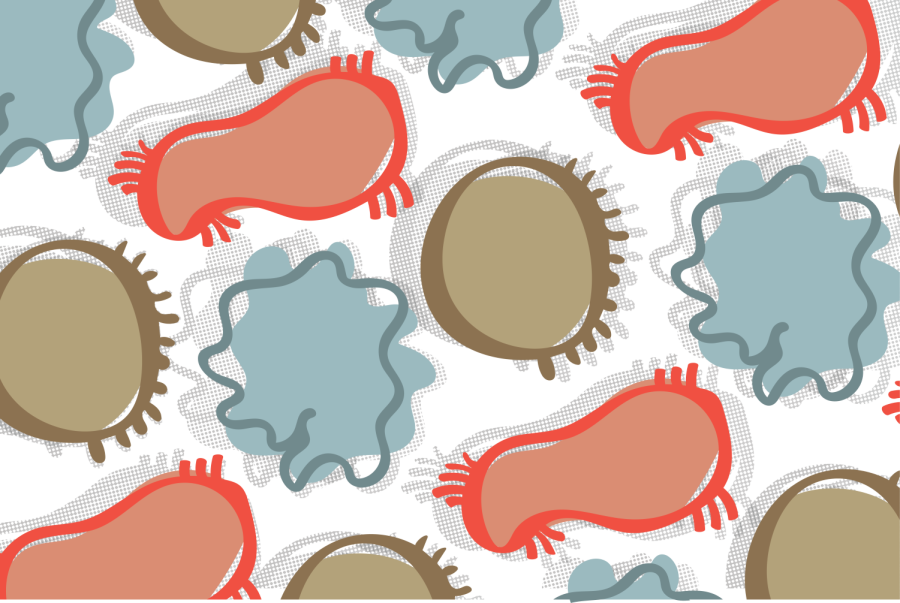University of Minnesota researchers found that iron deficiency in infants increases an individual’s chances of developing autism, depression and schizophrenia.
Dr. Michael Georgieff, executive vice chair and professor at the Department of Pediatrics at the University of Minnesota, received an award for this research from the March of Dimes, a nonprofit that works to educate and advocate for healthcare for mothers and their infants. Georgieff’s research found that iron deficiency impacts the development of the hippocampus in infants.
It is not common practice to check a newborn’s iron levels. Infants’ iron levels are typically not screened until they are almost a year old. By then, the damage has been done, Georgieff said.
Screening for iron deficiency should be done earlier, assistant professor in the Department of Pediatrics Dr. Phu Tran said. If the parent carrying the baby replenishes their body’s iron early enough, they can reverse deficiency in their infant. Tran discovered that external environmental factors change how genes in your brain work.
If the pregnant person has access to good maternal care, they may check their blood for iron deficiency during pregnancy, but not everyone has access to such care, Tran said.
Most iron deficiencies in infants are caused by insufficient iron intake by the parent during pregnancy. The iron demand in a pregnant person’s body increases quickly. If an individual comes into a pregnancy iron-deficient themself, it is much more difficult to supply the needed amount of iron to support their body and the baby.
The last stage of pregnancy through the first year and a half of a baby’s life is a critical time for developing their hippocampus, Georgieff said. Iron plays an important role in developing the hippocampus, which is an energy-demanding process, assistant professor in the Department of Pediatrics Dr. Thomas Bastian said. While the brain is developing there are critical periods that, if interfered with, can impact the brain’s operations.
The hippocampus is responsible for a person’s learning and memory and allows them to differentiate between familiar and unfamiliar people, places and objects.
Building off of Georgieff and others’ work that shows long-term behavioral impairments due to lack of iron, Bastian said they are working to find a supplement that would allow a fuller recovery for an iron-deficient brain.
“The fetus is a very good ‘parasite.’ It’s very good at taking what it needs from the mom. But when the mom becomes iron deficient, there just isn’t enough to supply the whole system,” Georgieff said.
The researchers are studying iron deficiency because it is so prevalent among infants, Bastian said. Forty percent of pregnant women are anemic worldwide, according to the World Health Organization. About half of pregnancies in Minnesota are unplanned, leaving a pregnant person with little time to increase their iron intake, according to Georgieff.
Auditory recognition can help test infants’ hippocampi. By monitoring infants’ brain activity, researchers found they tune out their mothers’ voices because they sound familiar.
“If babies show the same response to the novel and familiar voice, it means that their hippocampus isn’t working that well,” Georgieff said.
The researchers’ studies with rats observed that if a rat looks at an unfamiliar object and familiar object for the same amount of time, that signals iron deficiency. In another experiment, they were able to reverse iron deficiency in rats at a later stage in life.
In addition to rat and mice models, Georgieff observed infants with iron deficiencies for the first ten years of their life and observed some remaining mental effects.
“This is a huge problem affecting global populations,” Tran said.














